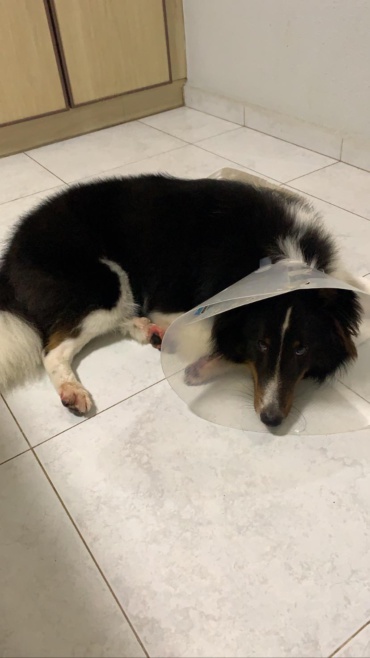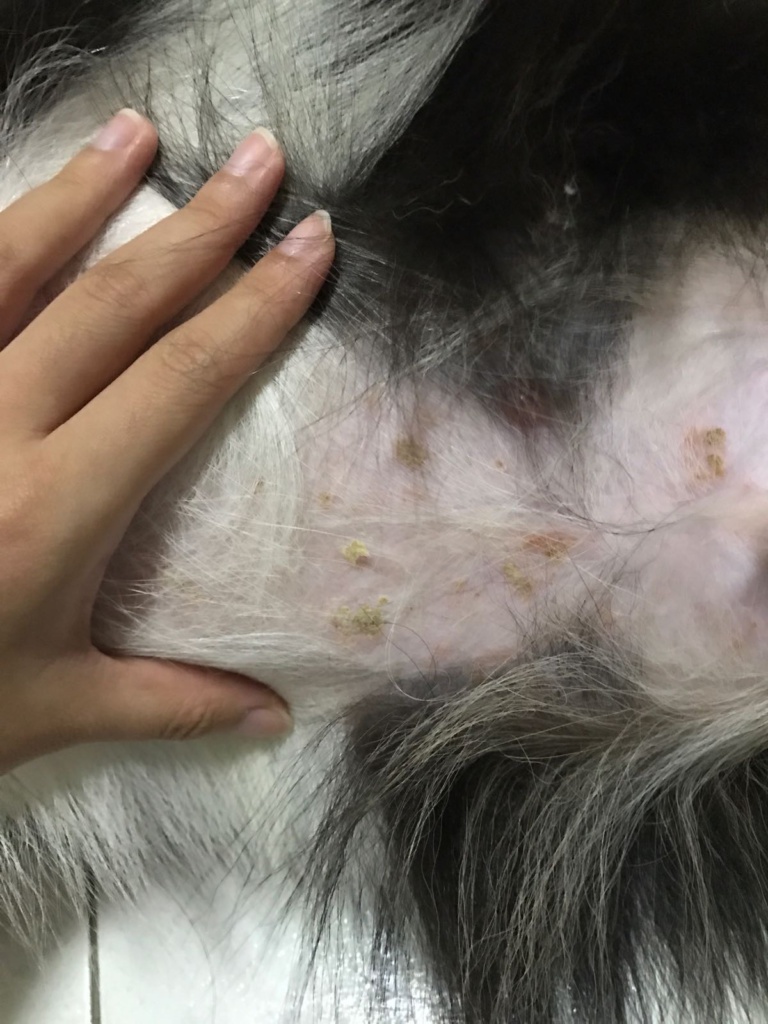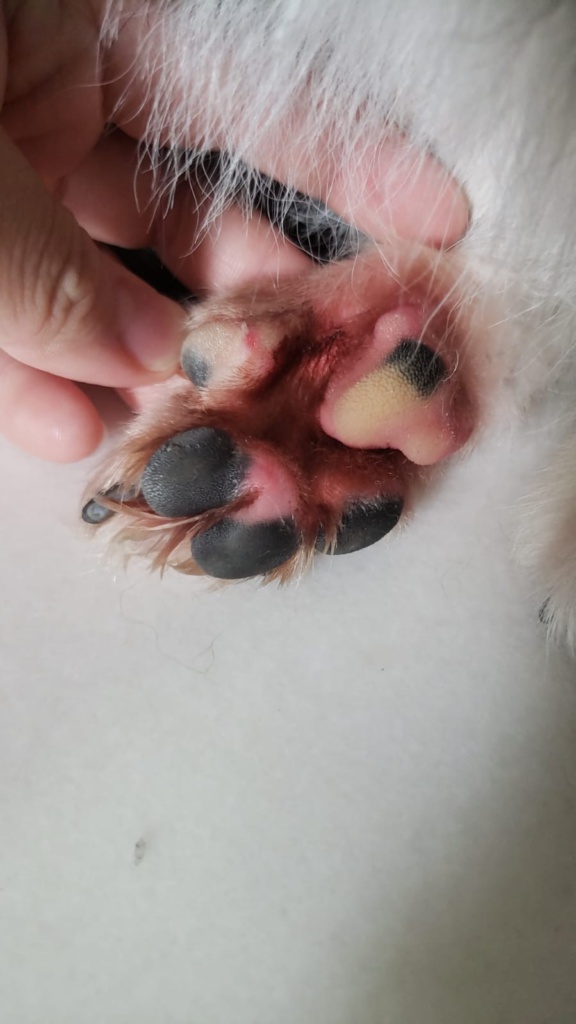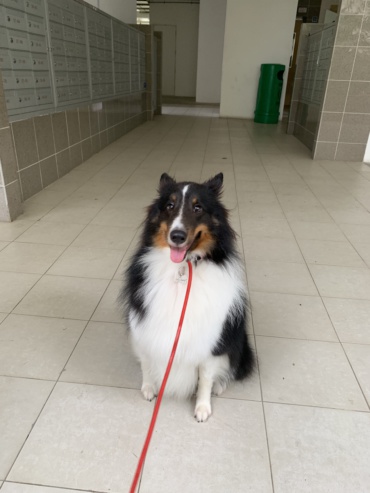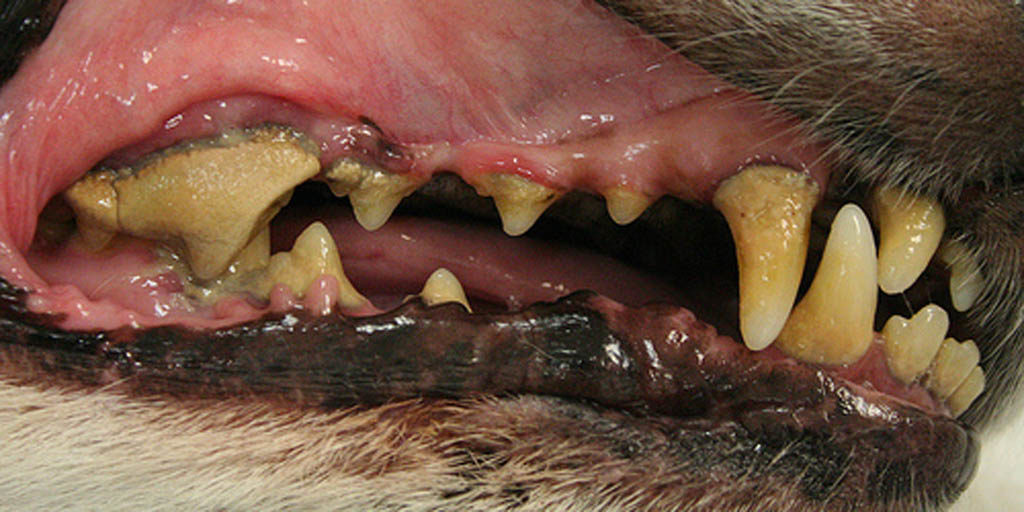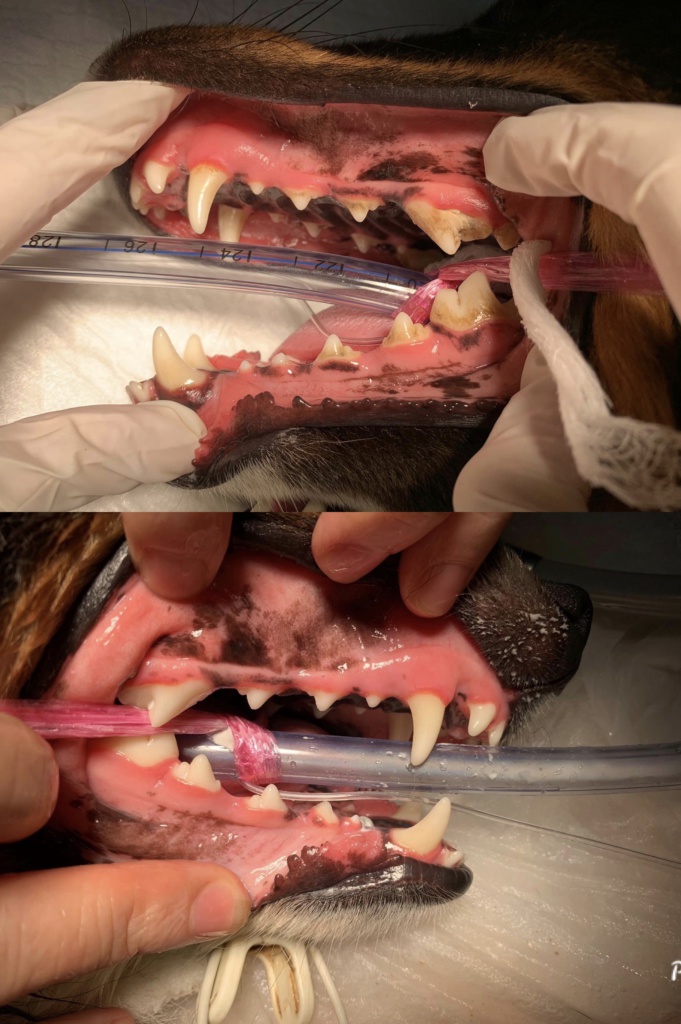Vaccinations help to protect the immune system from illness. They work by exposing the body to non-pathogenic viral or bacterial antigens and the immune system remembers how the pathogens cause disease and anticipates. Vaccines can prevent the onset of diseases (or reduce the severity of disease).
Canine Core Vaccines
- Canine Distemper Virus (CDV)
- Canine Parvovirus (CPV)
- Canine Adenovirus (CAV)
- Leptospira app
The canine core vaccines are recommended for puppies and dogs with an unknown vaccination history. It is recommended to vaccinate puppies at 8, 12 and 16 weeks and an annual booster a year from the last puppy vaccine.
Canine Distemper Virus (CDV) attacks the respiratory, gastrointestinal and nervous system in dogs. It can spread through sneezing, coughing or sharing of food and water bowls with an infected dog. CDV causes discharge from the nose, fever, coughing, vomiting and diarrhoea, seizures, paralysis and often, death.
Canine Parvovirus (CPV) is a highly contagious virus that affects all dogs but unvaccinated dogs and puppies less than four months of age are at the most risk to contract the virus. CPV attacks the gastrointestinal system which can cause the loss of appetite, vomiting, fever and severe bloody diarrhoea. CPV causes death within 48-72hours following the onset of clinical signs.
Canine Adenovirus (CAV) consist of two serotypes, CAV 1 and CAV 2. CAV 1 causes canine hepatitis where dogs will suffer cell damage in the liver which can cause haemorrhage and death. CAV 1 can be contracted via dogs feces and urine of infected dogs. Symptoms of CAV 1 include abdominal pain, distension, lack of appetite, lethargy and fever. CAV 2 is a relative of the hepatitis virus and is one of the causes of kennel cough. The symptoms of CAV 2 are hacking cough, discharge after coughing and nasal discharge.
Leptospira app is caused by a bacteria and some dogs can show no symptoms at all. It can be found in contaminated water, soil or in rat’s urine. It is a zoonotic disease where it can spread from animals to people. Symptoms of leptospira app can cause lethargy, vomiting, jaundice, weakness and kidney failure.
There is no cure for any of the viruses mentioned above. Thus, it is important to vaccinate your pets if they have not received any vaccination before.
Non-core Vaccines
- Canine Parainfluenza Virus (CPiV)
- Bordetella bronchiseptica
- Canine Coronavirus (CCV)
- Rabies
Canine Parainfluenza Virus (CPiV) is highly contagious which can cause dry cough, difficulty breathing, sneezing, pneumonia, reduced appetite and lethargy. Most dogs can recover on their own but most dogs are treated immediately by vets using antibiotics since it is contagious. Cough suppressants may be given as well.
Bordetella bronchiseptica or kennel cough, is caused by a bacteria which can spread via close contact to an infected dog, sharing of food and water bowls. The bacteria destroys the lining of the dog’s trachea which can cause coughing. Dogs can wretch or gag as they cough. The symptoms include fever, nasal discharge and loss of appetite. The incubation of kennel cough is around five to seven days. It takes about 48 hours to develop immunity to the disease after receiving the vaccination. It is recommended to vaccinate against kennel cough for dogs doing to a boarding facility. The vaccine is given every 12 months from the first booster.
Canine Coronavirus (CCV) is a virus that affects the intestinal tract. It is not the same virus as COVID-19. It can be passed through saliva and feces. The symptoms include decrease in appetite, diarrhoea and lethargy.
Rabies is a viral disease carried by many mammals and it is also a zoonotic disease where it can spread from animal to humans. It is spread through a bite from an infected animal. Rabies causes acute encephalitis and eventually affecting the nervous system which results in death. Rabies vaccination is usually only required for international travel. Singapore has been rabies free since 1953.
There is no cure for Canine Coronavirus and Rabies.
General Considerations & Risks
Before vaccinating your pets, there are some considerations to and risks. The age of your pet, medical history, environment and overall health. Post vaccination reactions can be seen which include sluggishness, loss of appetite, facial swelling, pain, redness, lameness, difficulty breathing, seizures, collapse and death. It is important to bring your pet immediately to the vet if any of the post vaccination reaction occurs.
If pet owners are not keen to vaccinate annually, there is another option such as the Anti-body Titre testing. The titre test is a anti-body blood test which can help to identify if the previous vaccines is still protecting your dog’s immune system. The titre test can only identify antibodies of CDV, CPV and CAV. It does not measure the level of antibodies.
Conclusion
It is definitely recommended to vaccinate your pets if they have an unknown history for adult dogs and if they are still doing their puppy shots. An anti-body titre test can be done to prevent over-vaccination. Always check with your regular vet to see if your pet needs a vaccination or not.
Prevention is always better than cure.

